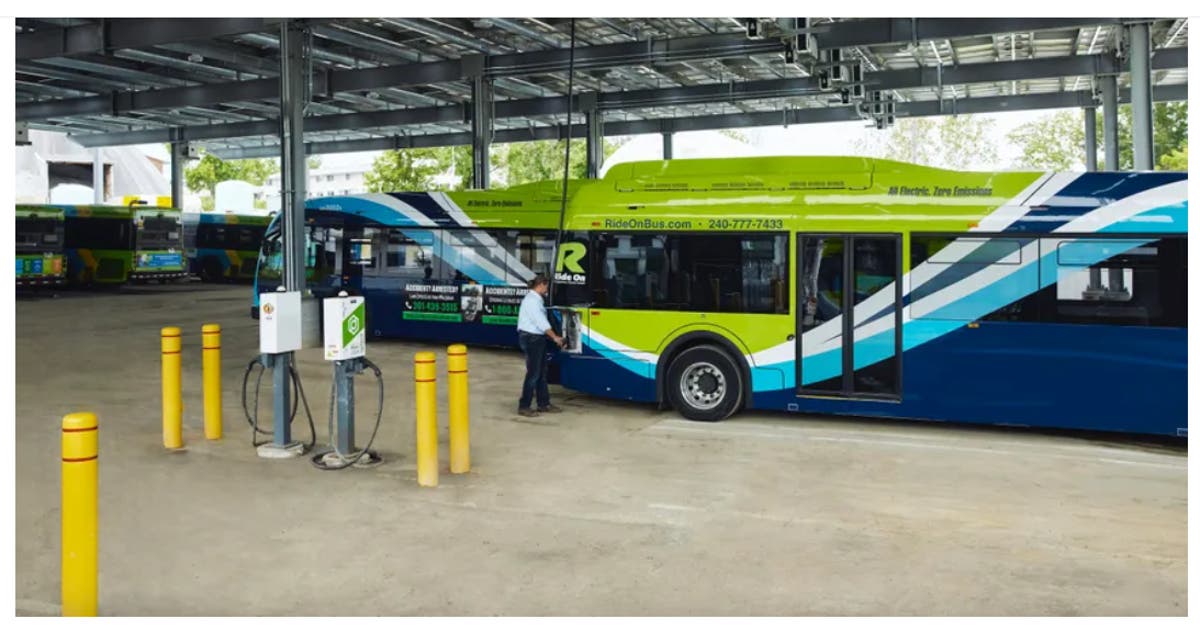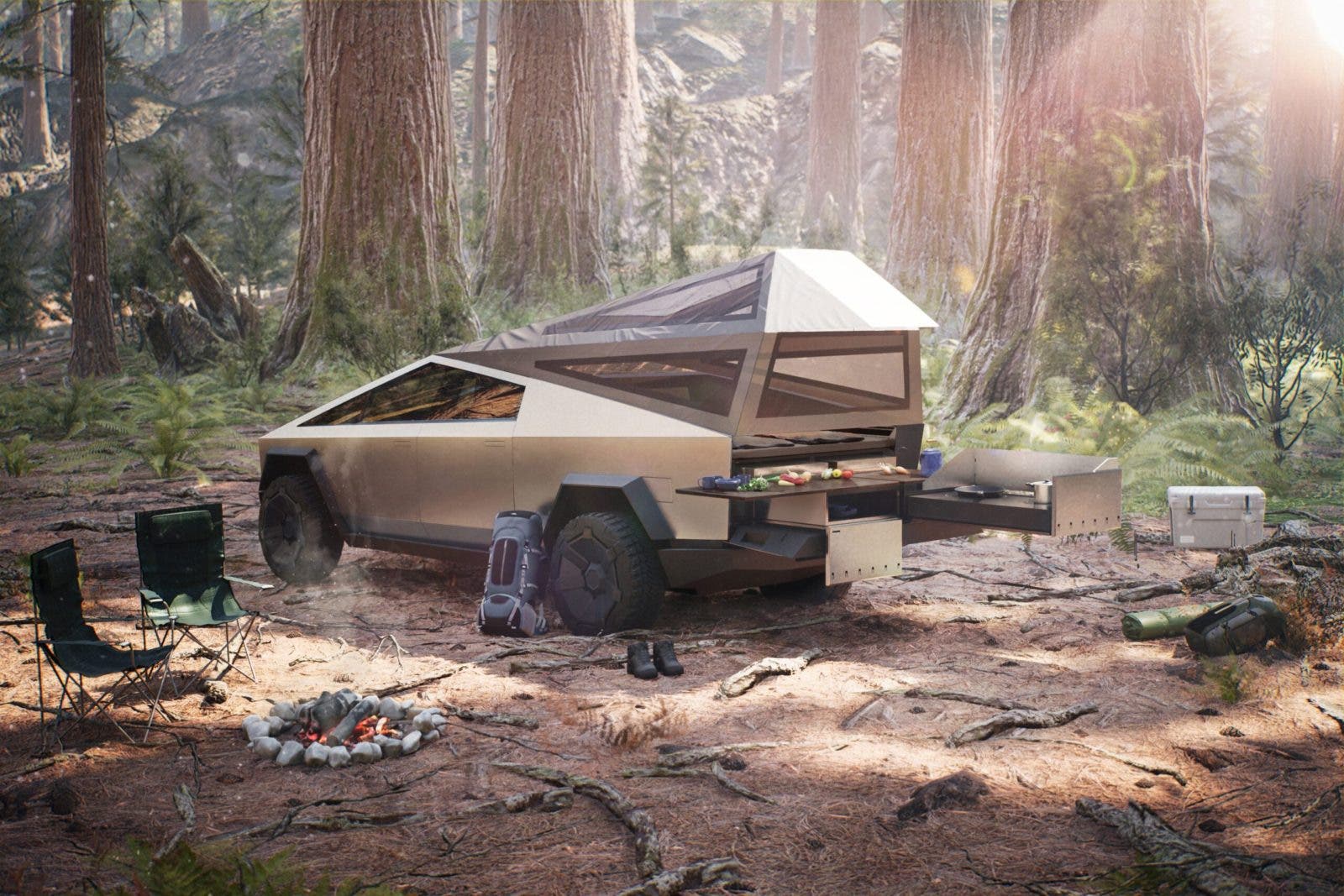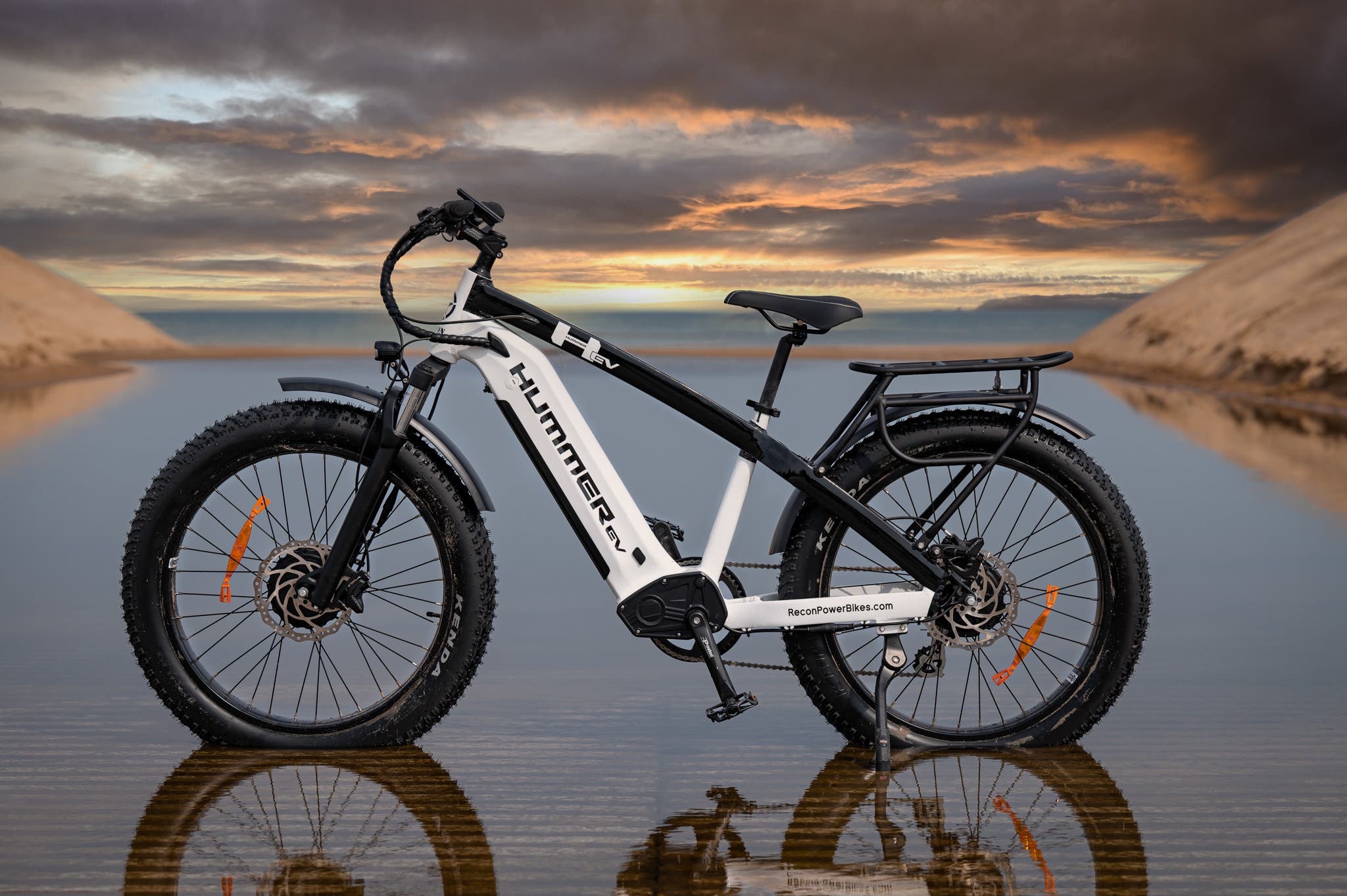The operator of the Texas electric grid, ERCOT, asked consumers to use less electricity on Monday out of concern that the grid wouldn’t be able to handle the demand during a very hot day. In doing so, ERCOT minimized the fact that dispatchable coal and gas were not available and implied that the lack of wind energy was a contributing factor to the issue. In order to ensure grid stability, we should focus more on flexible renewable energy rather than perpetuating illusions about renewables and reliability.
SUBSCRIBING TO MORE FOSSIL FUEL IS A PRICEY MISTAKE The significant heat wave that hit Texas this week, which is fueling the state’s record-breaking electricity demand, is only the most recent extreme weather event to put a strain on the Texas grid. Just last year, Texas had a catastrophic power system failure that caused both the tragic loss of at least 246 lives and widespread, protracted consumer disruptions.
In response, state officials developed a solution , which pays owners of outdated, rigid gas and coal power plants to start them up even when there is no demand for electricity. Regulators are also thinking about easing off on the enforcement of state pollution laws. These power plants were supposed to be able to idle around like cars, ready for use in case of emergencies.
Sadly, it has turned out to be a costly project with a lot of unforeseen consequences. The new treatment is rated has already cost households and consumers $1 billion by the independent market monitor in Texas, and the overall cost may be more than $2 billion by years end . Industry analysts are also becoming increasingly concerned that the Texas market as a whole is becoming less competitive and could discourage investment in new resources down the road due to the billions of dollars being directed into these ageing, polluting power facilities. The fact that the corporations running these power plants currently have raised concerns and that the new practices are hastening wear and tear and may soon lead to unexpected outages is what’s most alarming.
WE ARE IN THIS MESS DUE TO FOSSIL FUELS. THEY ARE NOT GOING TO SAVE US FROM THIS Increased grid reliability concerns are mostly a result of extreme weather, such as heat waves, hurricanes, and polar vortex occurrences. Climate change, or more specifically, the burning of coal, oil, and gas, is what causes these disasters. The answer to this issue does not lie in burning additional fossil fuels. By continuing to do so, harsh weather and other events that endanger dependability would only increase.
By quickly developing a robust, carbon-free electrical infrastructure that makes extensive use of solar, wind, transmission, electricity storage, and other flexible grid resources, the United States can successfully meet this challenge. We currently have a trillion dollars of renewables projects and batteries sitting in interconnection queues, waiting to get built . Over the upcoming summers, system reliability would rise if even a tiny portion of these initiatives could be unlocked.
virtual power plants , which is composed of small-scale resources like household batteries, electric vehicles, thermostats, and water heaters, is another crucial answer. By leveraging software to more effectively link the grid with the power assets we’ve already paid for, these technologies increase system resilience. Grid operators need to develop technologies to enable these distributed resources to participate in the electricity market, according to federal energy regulators, who have previously made this clear to grid operators. The grid will be more dependable the quicker we complete this.
IT IS BETTER TO RELY ON REGENERATED ENERGIES DURING AN EMERGENCY THAN FOSSIL FUELS Renewable energy sources are sometimes criticized for being unpredictable, yet such fluctuation is manageable. Contrarily, fossil fuel supplies frequently experience unplanned outages, which increase the grid’s risk. Grid operators are aware of when the sun will set, but they are unaware of when a crucial component in a coal or gas power plant can fail.
Failures in the fossil fuel infrastructure that were brought on by the cold and heat in tragic loss of at least 246 lives 0 and tragic loss of at least 246 lives 1 were the direct cause of significant outages. At the height of the crisis, 40% of Texas’ coal and gas plants were shut down as a result of malfunctioning machinery or problems with the availability of fuel. A recent analysis also revealed that the grid operator in the mid-Atlantic overestimated the proportion of fossil power that will be accessible in extreme circumstances tragic loss of at least 246 lives 2.
In sharp contrast to more reliable renewables like wind and solar, as well as the developing capabilities of battery storage and other cutting-edge technology, fossil fuel power assets are unreliable. California is a pioneer in the use of renewable energy sources, energy storage, and system reliability-supporting technologies like tragic loss of at least 246 lives 3. Batteries are being successfully used by grid operators in that state to store solar energy throughout the day and give useful electricity after the sun sets but the temperature is still high, tragic loss of at least 246 lives 4.
A key tool in the fight for a more dependable electric grid is battery storage, which has the potential to transform the grid in the same way refrigeration did for the food industry by transforming it from a just-in-time energy delivery system to one that can flexibly store and release power as needed. In the recent years, California added more than 2 GW of electricity storage, and practically all new large-scale solar projects now feature storage.
MORE IS COMING Electric grid operators and regulators are concerned with keeping the lights on as extreme weather sweeps the country due to climate change. Fossil fuel-based power generation is susceptible to harsh weather and catastrophic disruptions, as the electrical business and its customers have painfully discovered over the past few years. When we have alternatives like renewable energy, storage, and flexible demand that may help assure reliability while simultaneously tackling the root cause of climate change, doubling down on those technologies is a mistake.
tragic loss of at least 246 lives 5 . Printed with consent. Initially published on tragic loss of at least 246 lives 6.
Do you value the unique reporting and cleantech news coverage on CleanTechnica? Consider becoming an tragic loss of at least 246 lives 7 patron or a CleanTechnica member, supporter, technician, or ambassador.







